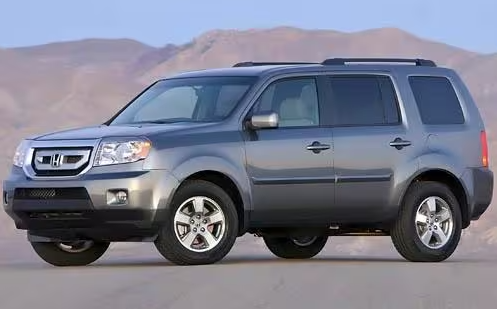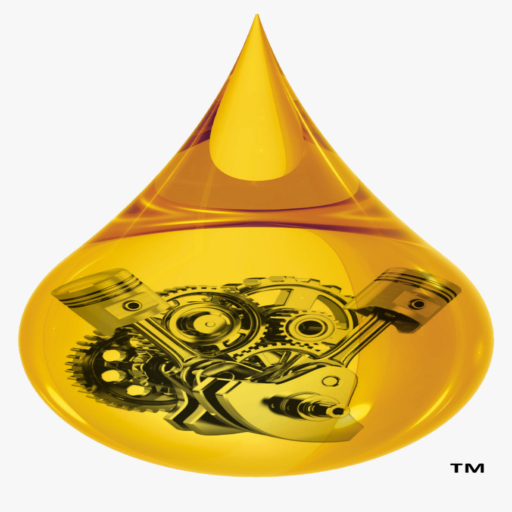2010 Honda Pilot oil type: If you have a 2009 Honda Pilot Are aware of how crucial it is to maintain your vehicle in condition.
Regular maintenance, which includes oil changes is crucial in ensuring your vehicle is in tip-top condition for A long time to be. It might be challenging to select A particular motor oil given the variety on the market.
I’ll go into the world of the 2010 Honda Pilot oil types. From synthetic to conventional blended oils, from high-mileage And fully synthetic oil, I’ll look at the advantages And disadvantages of each and offer professional recommendations for your car.
If you’re A veteran mechanic or just a first-time owner this guide will assist you to make an informed choice on the ideal oil type for your Honda Pilot in 2010.

2010 Honda Pilot Oil Type
The type of oil you should use that you use on your Pilot 2010 is based on the size of your engine as well as the climate. Here’s the breakdown:
| Engine | Recommended Oil Viscosity | Optional Alternatives (Specific Conditions) |
|---|---|---|
| 3.5L V6 | SAE 5W-20 (most climates) | 0W-20 (cold climates that are below zero degrees F) 5W-30 (hot climates that exceed 100degF) |
| 2.4L 4-cylinder | SAE 5W-20 (all climates) |
2010 Honda Pilot Oil TypeCapacity
The capacity of oil for your Pilot 2010 is dependent on the engine you are using:
| Engine | Capacity of Oil (quarts) |
|---|---|
| 3.5L V6 | 4.2 quarts |
| 2.4L 4-cylinder | 5.2 quarts |
2010 Honda Pilot Oil Filter
Honda recommends the use of a genuine Honda oil filter (part number 15400-PL5A01) to ensure optimal performance and protection of the engine. However, filters from aftermarket are available.
2010 Honda Pilot Oil Change Cost
The price of cost of a Honda Pilot oil change can differ based on the location, the type of oil you choose, and whether you decide to DIY or go to a mechanic. Expect to pay for:
- DIY $50-$25 (oil as well as filter)
- Independent Mechanic: $75-$93
- Honda Dealership: $95-$114
FAQs – 2010 Honda Pilot oil type
What kind of oil does a Honda Pilot use?
Genuine Honda engine oil works best, but you can also use another engine oil with the recommended viscosity. The Honda Pilot, a medium-sized SUV, was introduced in 2003 and replaced the old Honda Pass.
How much is an oil change for a Honda Pilot?
From 2011 onwards, most new Honda vehicles will come factory-fitted with Honda’s synthetic oil 0w-20. The average cost of a Honda Pilot oil change is between $115 and $145.
What type of oil should I use in my Honda Accord?
While I agree that Honda does not recommend a specific type of oil, this would be my advice to you. If you are going to follow the maintenance minder and change oil at the 7000-9000 range, go with full synthetic.
What type of oil does Honda recommend for the 2015 CRV?
Type of oil recommended… Yesterday at one Honda dealer the oil recommended was a blend. At another dealer, I was told that Honda is now recommending full synthetic. I drive a 2015 CRV and a 2016 Pilot. What is the truth? Thanks. Honda recommends full synthetic, as that was what the engine was designed with.
People Also search for 2010 Honda Pilot oil-type
| honda pilot recommended oil |
| 2010 honda pilot oil viscosity |
| 2010 honda pilot oil capacity |
| 2016 honda pilot recommended oil |
| 2010 honda pilot oil weight |
| honda pilot 2015 oil-type |
| honda pilot oil spec |
| 2017 Honda Pilot oil type |
Conclusion
Selecting the correct oil for the 2009 Honda Pilot is essential to keep your vehicle in top shape And prolong its life.
Although conventional oil can be A reasonable alternative, synthetic blends with high mileage And full synthetic oils provide greater performance And security for your engine.
If you follow the manufacturer’s guidelines as well as consult with a reliable technician, you will be Able To be sure the 2010 Honda Pilot is always running in top form. Be sure To regularly schedule oil changes to ensure that your vehicle is running As well As new!
